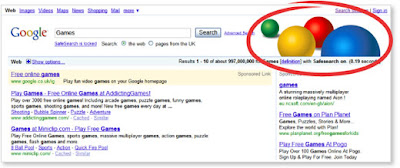UPDATE 11/24/09: Full-length video of our announcement event in Washington, D.C. has been posted to YouTube and is embedded at the bottom of this blog post. We have included English captions using our new auto-timing feature. Enjoy.
Today, here in D.C., we announced the preliminary roll-out of automatic captioning in YouTube, an innovation that takes advantage of our speech recognition technology to turn the spoken word into text captions. We also announced that if you have a transcript of your video, you can upload it to YouTube and we'll time the captions for you.
This is useful for anyone who is deaf or hearing impaired, but it will have broader effects as well. For example, YouTube captions can be automatically translated, making video more accessible across languages. And while we've had the ability to manually caption videos for a while, automatic captions and automatically timed transcripts lower the barriers and, we hope, helps open YouTube to everyone.
Indeed, with 20 hours of video uploaded to YouTube every minute, captioning YouTube through purely manual means would be very difficult. That's why we're excited about today's announcement. Please note that only 13 YouTube channels will feature automatic captions at this time so that we can gather feedback, but all video owners will be able to upload transcripts and automatically time them. Ken Harrenstien, the software engineer who led this project, describes today's announcements in more detail on the Official Google Blog.
This morning's introductions were also exciting because over 60 accessibility leaders from the National Association of the Deaf, Gallaudet University, AAPD and other organizations joined us to be the first to learn about these new features. We made the announcement in our Washington office, in fact, just so that they could be here to give our engineers their direct feedback.
Have a look at the video below to learn more about what was announced today, and check back here tomorrow for full video from the event. You can bet it'll be captioned—we'll be uploading the transcript of the event to YouTube, which will turn it into captions that are timed just right.


